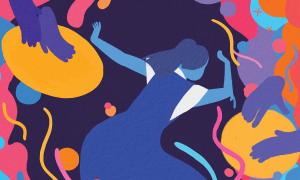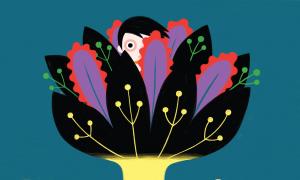4,340 Results
Black Students Matter
Last week, a 7-year-old black boy came home from school with a realistic-looking gunshot wound painted on his forehead—by his drama teacher. The image understandably alarmed his mother. And it reminds us of the harm educators inflict when they insist they "don't see race." We hope you'll read and share these recommendations for protecting, respecting and celebrating the identities of your black students.
- Black Minds Matter
- Black Lives Matter Week of Action
- When Schools Cause Trauma
Welcome to the TT Community!
So much has happened this year, so we want to acknowledge our new Teaching Tolerance community members. We have compiled some of our favorite resources for educators as we work together to achieve more equitable schools. Whether you’ve been with us for a while or you’re brand new to TT, welcome! We appreciate you and all you do.
- Teaching Hard History: American Slavery
- Social Justice Standards
Responding to the Mississippi ICE Raid
Yesterday, students were pulled from their first day of classes to say goodbye to undocumented parents and guardians arrested by ICE. Our thoughts are with educators and families across Mississippi and with those dealing with this trauma in the aftermath of anti-immigrant violence in El Paso. Yesterday’s raid was the largest single-state raid in U.S. history, but we know that these raids will continue. We hope these resources help you support your students and their families.
- This Is Not a Drill
- Toolkit for "This Is Not a Drill"
- Educators Resist East Tennessee ICE Raid
Podcasts
Getting Past the Joy of Consumerism
I Heard the News Today, Oh Boy
Familiar food turns a refuge into a home

The Rhythm of Resilience

